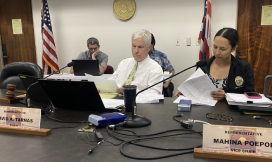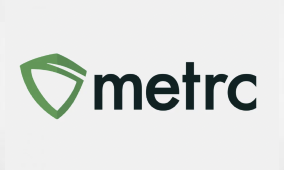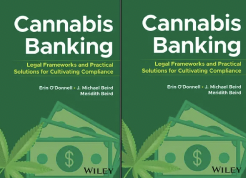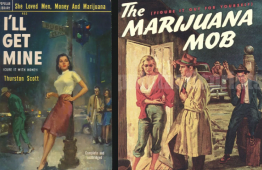Source: LexBlog
If you know either of us, you know neither of us would pass up a chance to say, “I told you so.” As we looked ahead to 2024 in January, we speculated that psychedelics could be legalized as a prescription medicine. Now, not even a quarter into 2024, proponents of the psychedelic industry should be more optimistic that federal legalization of psychedelics as medicine is closer than ever.
MM120 is Mind Medicine Inc.’s proprietary, pharmacologically optimized form of LSD, which MindMed is developing for generalized anxiety disorder and other brain-based disorders. This month, FDA granted breakthrough therapy designation to the LSD-like substance MM120 for the treatment of generalized anxiety disorder. A breakthrough therapy designation is “designed to expedite the development and review of drugs that are intended to treat a serious condition and preliminary clinical evidence indicates that the drug may demonstrate substantial improvement over available therapy on a clinically significant endpoint(s).”
MindMed’s study showed that “a single oral dose of MM120…led to clinically and statistically significant reductions in anxiety scores 12 weeks after administration, with 65 percent of participants showing a clinical response and 48 percent in clinical remission following the treatment.” Clearly excited by the possibilities of the study’s conclusions and its approval, MindMed recently stated: “[t]he FDA’s decision to designate MM120 as a breakthrough therapy for [Generalized Anxiety Disorder] and the durability data from our Phase 2b study provide further validation of the important potential role this treatment can play in addressing the huge unmet need among individuals living with [Generalized Anxiety Disorder]…We are committed to bringing MM120 to people living with [Generalized Anxiety Disorder] and delivering on the potential of our pipeline to treat serious brain health disorders.”
A notable aspect of MindMed’s study and use of MM120 is that it was not coupled with a therapy component. The trials did not include any therapeutic intervention such as talk therapy or psychotherapy. This stands in contrast to many other studies involving psychedelics that incorporate therapy as a component. If granted full approval, the absence of any therapy component may make the drug’s use even more appealing to a broader base of the general public.
Unsurprisingly, industry advocates see this as a very positive first step forward and a potential turning point for the psychedelic sector. FDA approval would almost certainly boost public perception and help to shed the stigma surrounding the industry.
So, what’s next? MindMed is likely to meet with the FDA shortly and will also start Phase 3 of its trial this year. MindMed will also be busy at the private level. We expect the study’s data analysis to be presented at the American Psychiatric Association’s annual meeting in May and to be published in a leading medical journal. If the FDA ultimately approves the new drug application, DEA would need to reschedule MDMA accordingly. Currently, psilocybin, LSD, and MDMA are classified as Schedule I drugs by DEA.
This will be seen as a big step forward for the fruiting psychedelics industry. This move by the FDA could be seen as an acknowledgement that psychedelics have the real potential to treat disorders that physicians up until this point haven’t been successful in finding ways to treat. It certainly bolsters our belief that the path forward for legalization of psychedelics will be paved by innovators in the pharmaceutical industry.


















